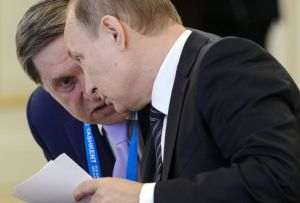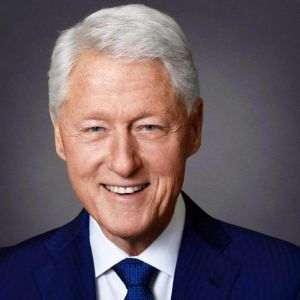Reporter: Ratings firm have announced that the BSE only has to meet the liquidity criterion for promoting to the emerging market status. What should the BSE do to achieve this?
Andre Cappon: To increase liquidity, the BSE has several possibilities: a) expand its range of products - more IPOs, more privatizations:
-stimulate issuers to increase their free-float (through tax incentives, if possible, or, for instance, through an elite category, such as Brazilian Novo Mercado);
-the introduction of derivatives: futures contracts and index and stock options;
-stimulating ETFs (both Romanian ones - I understand that there is a small one, as well as regional ones, for instance in South Eastern Europe);
-stimulating margin trading, making it easier to short sell, facilitating stock borrowing.
b) increase the investor base:
- attracting foreign investors, especially active ones, such as hedge funds;
-to attract and build the Romanian retail investment market, in partnership with fund managers (to create long term investment products for the domestic retail);
- to attract the Romanian diaspora through investment products (for instance, it is very difficult for a Romanian American to invest in Romanian stocks currently, due to the tax rules in the US - it is necessary to have a specific registration of the products in the US).
c) to introduce services that stimulate liquidity:
- to provide neutral online analyses;
- to introduce technical analysis.
Reporter: What do you think would be the effects of the switch of the BSE to the emerging market status?
Andre Cappon: As an emerging market, the total of the funds available for investment is a lot bigger.
Still, competition is also greater.
Remember the picture - a big fish in a small pond versus a small fish a in huge lake.
Romania is currently a very attractive frontier market.
Andre Cappon: If it becomes an emerging market, its capitalization of 20 billion Euros is very small. As a result, global investors in emerging market can very easily perform in line with the emerging markets without bothering to invest in Romania. The volume may even overperform - the initial enthusiasm in anticipating the transition from the frontier to emerging market, followed by a drop.
Reporter: What would a promotion followed by a demotion mean?
Andre Cappon: A promotion, followed by a demotion would be a very bad thing.
I think it would be very preferable for Romania to remain one of the best frontier markets rather than join the club of emerging markets and then be excluded.
Reporter: Can you tell us something about the experiences of other countries? What have been the effects of the switch to the emerging market status and how long did it take them for them to be felt?
Andre Cappon: Personally, I am the most familiar with the example of Israel, which went from an emerging market to a developed market in 2013. Volume fell by approximately 40%, which caused many Israeli companies to move to the NASDAQ. Why? When Israel was in the category of emerging markets, it represented 2-3% of their universe, which would force investors that track indexes and many investors that tracked the benchmarks to own Israeli shares.
When Israel was promoted to the category of developed markets, many of these investors made their exit and turnover dropped dramatically.
We have conducted a small research over the transitions from emerging markets to frontier markets. There have only been 3 such reclassifications over the last 10 years.
In the case of Pakistan (June 2017), the daily median of transactions was 102 million dollars before and 81 million dollars after.
In Qatar (May 2014), the daily median turnover rose from 43 million dollars to 51 million dollars, and in the United Arab Emirates (May 2014), it fell from 760 million dollars to 436 million dollars.
There is a very good study on the transitions from frontier markets to emerging markets which show different effects, especially the initial overperformance that I talked about, and increased volatility in the medium term.
Reporter: In your opinion, what are the main challenges of the financial industry at the present time and what do you think awaits us in the future?
Andre Cappon: Romania needs to evolve from a financial system dominated by banks to one in which the capital market plays a much greater part. Romania also needs a better 3rd pillar and wealth management products.
Reporter: How do you see the BSE, in the context of the Union of Capital Markets, on a European level?
Andre Cappon: The BSE needs to strengthen and grow quickly. There will be temptations to get the BSE into strategic alliances in Europe, but Romania should only enter such alliances under favorable conditions.
CBM Group, Inc. is a consulting firm from New York specializing in financial services. In the 25 years since the creation, the company has advised approximately 60 financial institutions, from North America, Europe, Latin America and Asia.
Key clients include: Barclays, JP Morgan Chase, Canadian Imperial Bank of Commerce, UBS, Santander, Citibank, Bank of America, AXA, Banco do Brasil, Mediolanum, BM&F BOVESPA (the Brazil stock exchange), TMX (the Canadian exchange), London Stock Exchange (LSE), NASDAQ OM and Philippine Stock Exchange, Santiago Stock Exchange (Chile).
























































